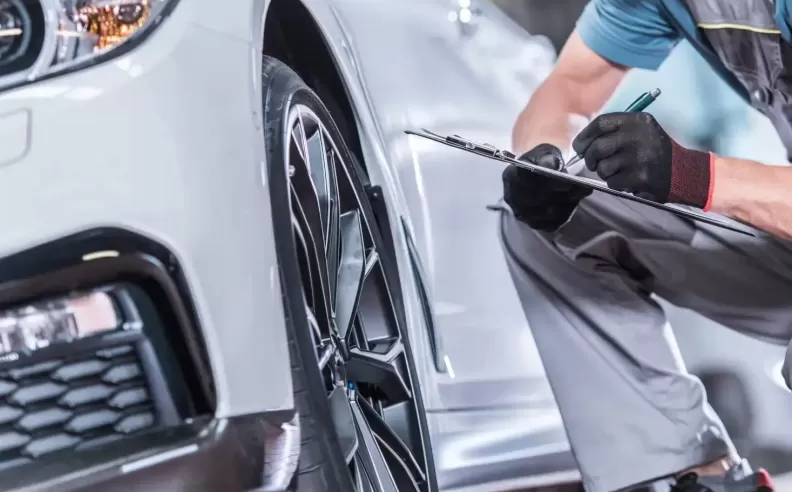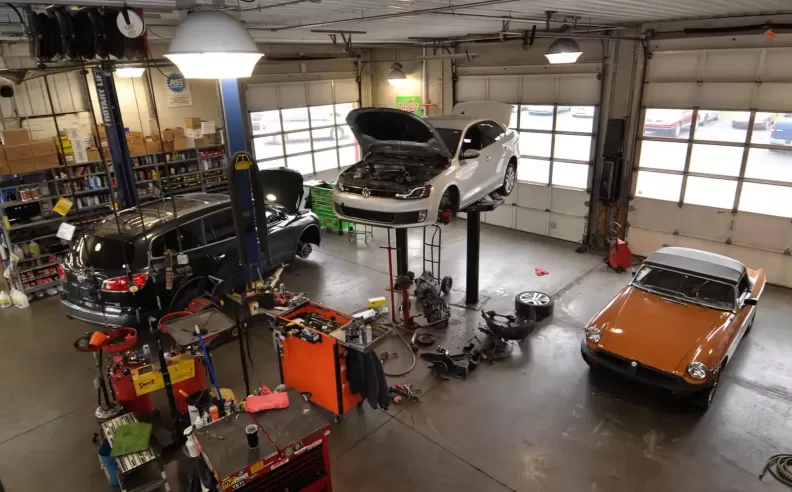
In the Gulf’s hot climate, a car’s air conditioning system is more than just comfort, it is a necessity. At the heart of this system lies the AC filter, a small but essential part that keeps the cabin air clean and the cooling system working efficiently. Many drivers overlook it, yet a neglected filter can cause weak airflow, bad odors, and even higher fuel consumption. Here is a closer look at what it does, when it needs changing, and how to replace it to keep your car fresh and efficient.
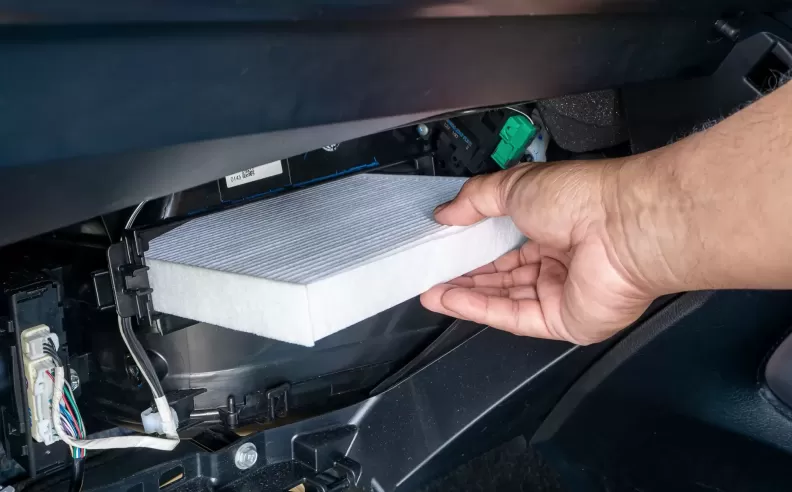
The AC filter works as the first line of defense for the cabin, capturing dust, sand, pollen, and bacteria before they circulate inside. This makes it especially important in places like Saudi Arabia and the UAE where sand and dust storms are common. By keeping the air clean, the filter not only protects the passengers’ health but also reduces the strain on the compressor, ensuring the air conditioning runs smoothly without consuming extra fuel.
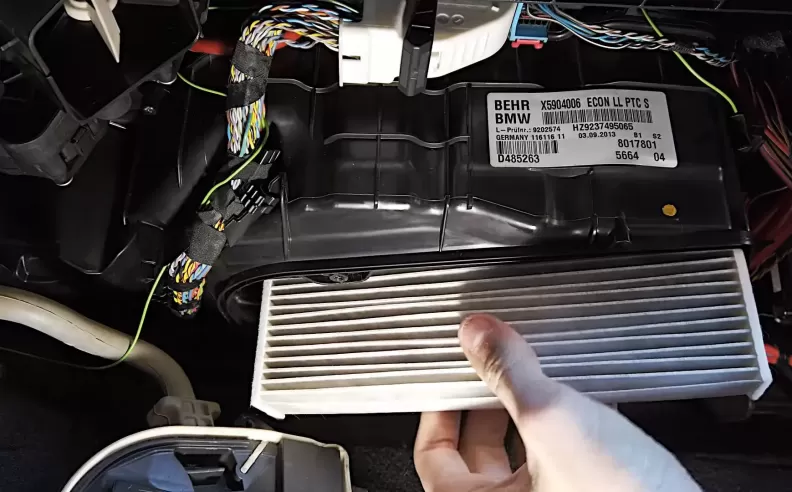
Drivers often notice warning signs before the filter completely fails. Reduced airflow from the vents, even at maximum fan speed, is one of the most common indicators. Bad or musty smells when turning on the AC are another red flag. Dust building up quickly inside the cabin or strange noises from the vents can also mean the filter is clogged. As a rule of thumb, most manufacturers recommend replacing it every 10,000 to 15,000 kilometers (or sooner in dusty areas).
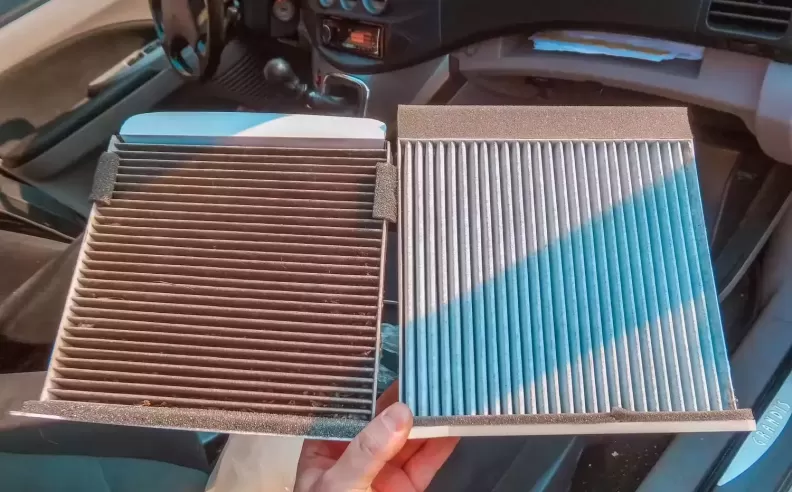
Changing the AC filter is one of the simplest maintenance tasks that does not require a mechanic. In most modern cars, it sits behind the glovebox, while in some models it is under the hood near the air intake. To replace it, open the glovebox, remove any screws or clips, and pull out the old filter carefully to avoid spilling dust inside. After cleaning the housing with a dry cloth or compressed air, insert the new filter in the correct direction marked by an airflow arrow. Close the cover, reinstall the glovebox, and then test the AC to confirm smooth airflow. The whole process usually takes less than ten minutes.
Many drivers ask if it is worth paying more for an original filter. The difference is noticeable. Original filters are made from better materials that last longer and trap smaller particles, offering cleaner air and better protection for the AC system. Cheaper versions may save money upfront but tend to clog faster and let dust through, forcing more frequent replacements and stressing the compressor. For Gulf drivers who rely on strong and clean AC performance, the original option is often the smarter long term choice.

Started my career in Automotive Journalism in 2015. Even though I'm a pharmacist, hanging around cars all the time has created a passion for the automotive industry since day 1.
